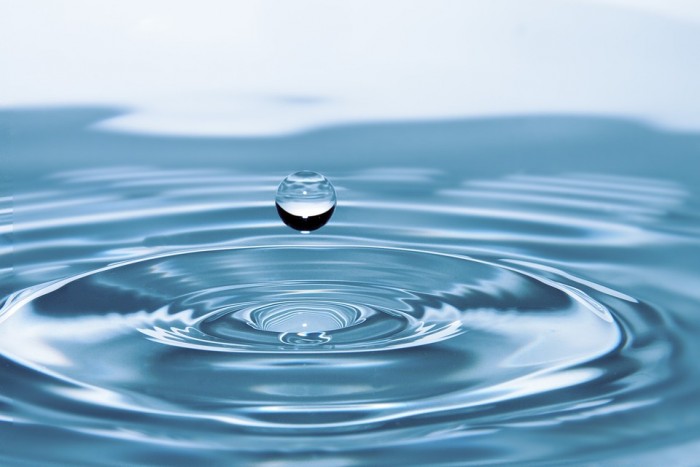From the Series

Graphene, a thin, two-dimensional lattice of carbon atoms, is considered a wonder material because of its vast range of potential applications. Researchers at the Monash University and the University of Kentucky have tapped into the material’s unique properties to develop a new water filter so advanced that it has been described as revolutionary.
The lack of access to clean, safe drinking water affects one billion people worldwide. Advancements in science could be the key to managing the global water crisis. According to the research team led by Associate Professor Mainak Majumder from Monash University, the graphene filter allows water and other liquids to be filtered nine times faster than the current leading commercial filter.
Majumder and his team developed a process in which a graphene oxide viscous is created; it is thin enough to be spread using a blade. The process means that the filters can be produced faster, cheaper and on a larger scale than ever before, a problem that has plagued scientists in the past.
"It's been a race to see who could develop this technology first, because until now graphene-based filters could only be used on a small scale in the lab," said research team member, Abozar Akbari.
The graphene-based filter removes impurities bigger than one nanometre, which is about 100,000 times smaller than the width of a human hair. It can be used to purify water, dairy products or wine, or in the production of pharmaceuticals.







